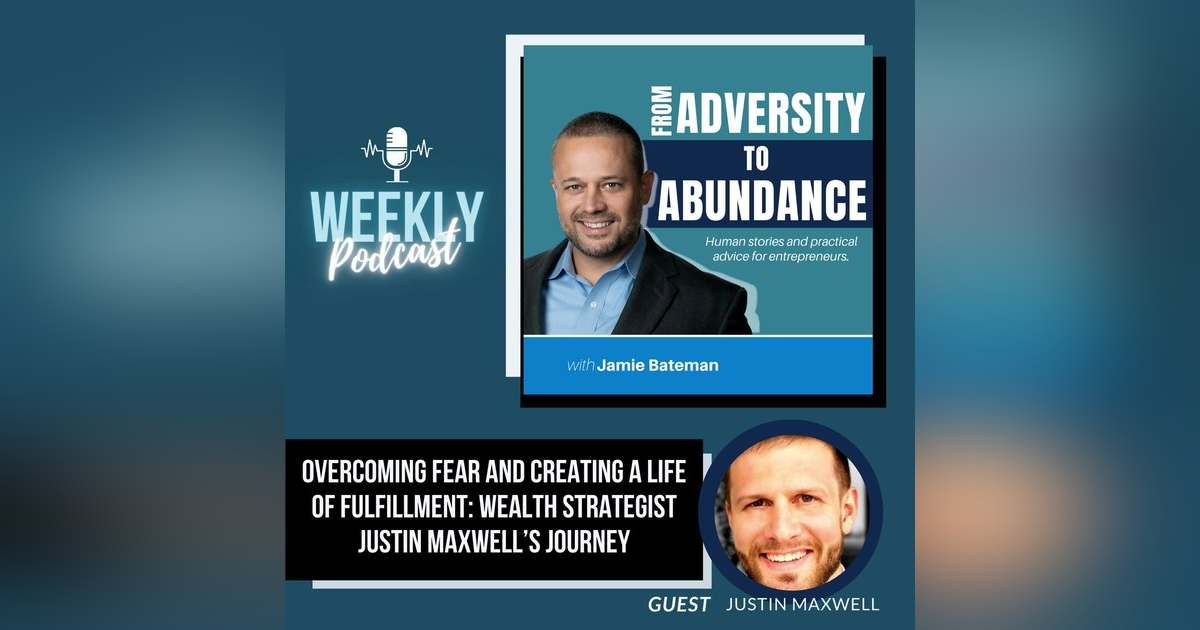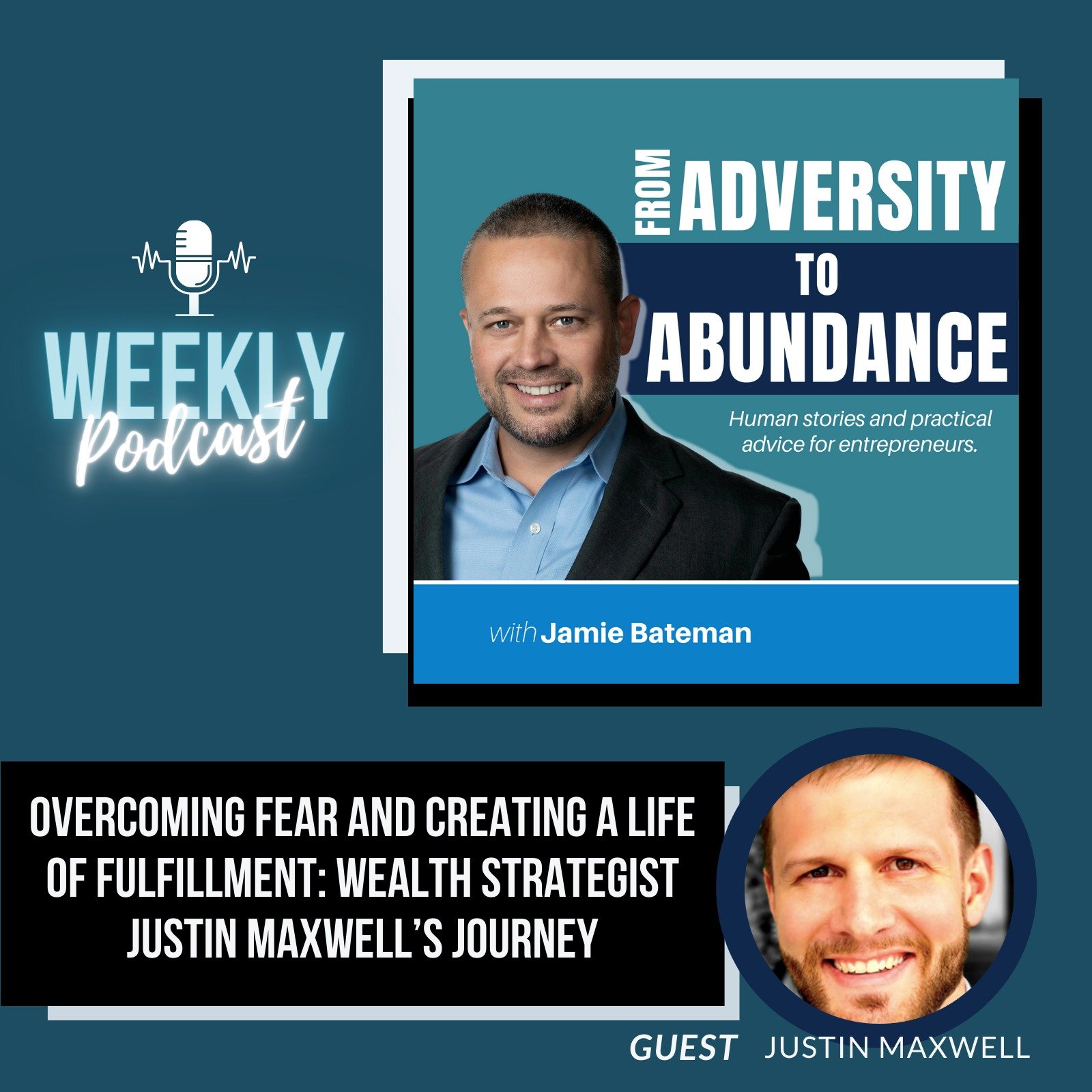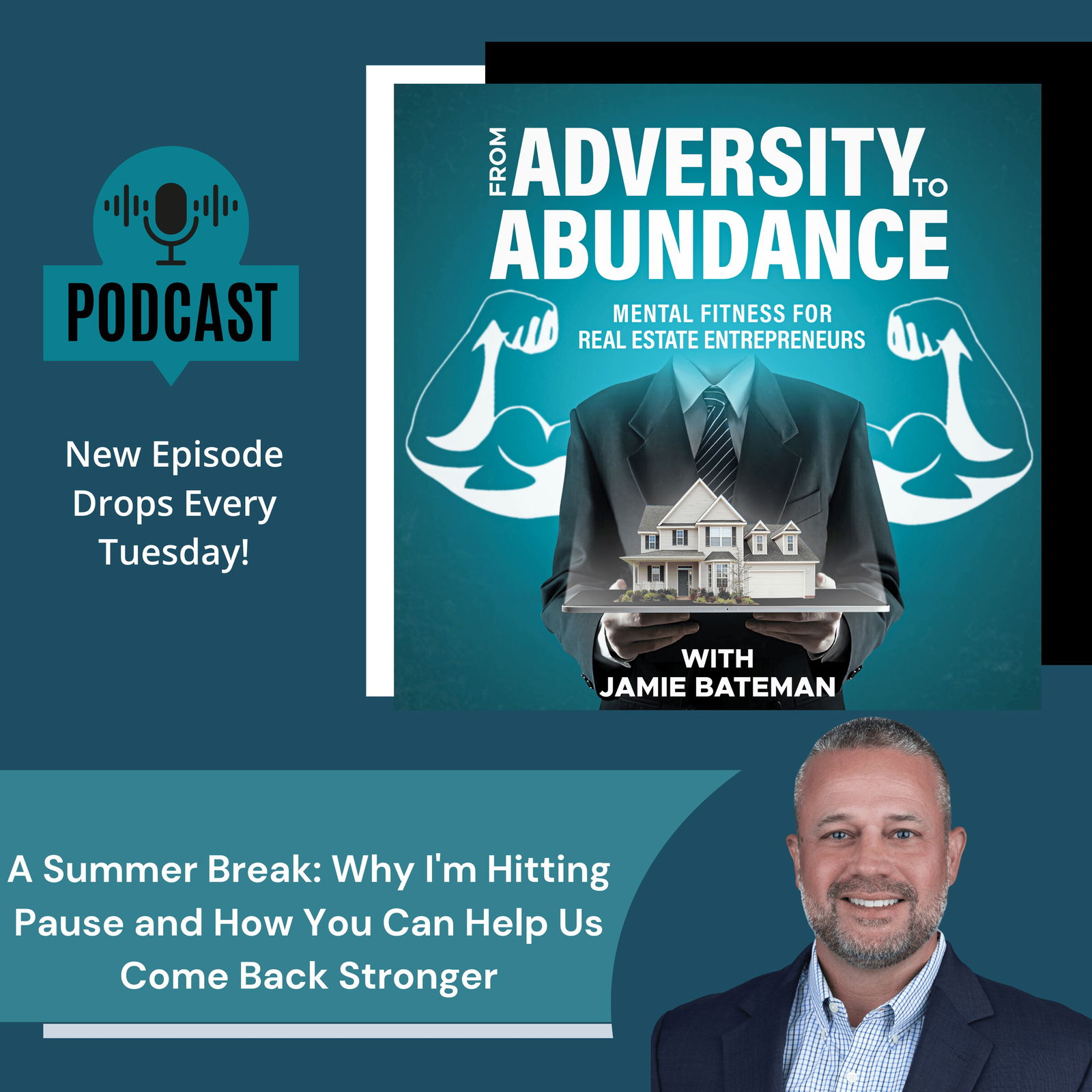Overcoming Fear and Creating a Life of Fulfillment: Wealth Strategist Justin Maxwell’s Journey


Join tax and wealth strategist Justin Maxwell as he shares his journey from playing it safe to finding passion and fulfillment through entrepreneurship. Discover how Justin overcame his fear of failure to help small business owners keep more of their money and make intentional investment decisions. If you want to save money and make your money work for you, all while adding more value to your community, then this episode is perfect for you.
In this episode, you will be able to:
- Uncover unique wealth-building approaches tailored for small enterprise owners
- Be motivated and inspired to triumph over the dread of failure and become an unwavering entrepreneur
- Obtain little-known tax and investment insights towards your financial journey
Get to know Justin Maxwell, a skilled tax and wealth strategist, who focuses on helping small business owners retain and grow their profits while making conscious decisions about their investments. After years of successfully saving entrepreneurs millions of dollars in taxes and unnecessary expenses, Justin has become a trusted advisor to many business owners around the country. Join us as he discusses his journey of overcoming the fear of failure in entrepreneurship. With Justin's unique perspective on tackling this common fear, listeners will gain valuable advice on facing their own anxieties to reach their full potential in both their personal and professional lives.
“ You have to create a creative, abundant type mindset of problem-solving. Even if you're a logical person like myself, you can still be creative with your problem-solving. And I think that's needed as an entrepreneur.”
“You have a lifetime to live life and achieve everything you're doing. So you can put your business on pause for a day and go spend time with your family and you're going to be just fine because there's not an end goal. It's your life you're living and you don't have to measure yourself from other people's success.”
“ So the money is not important, but you still need money to experience life, to have the finances, to have powerful relationships, to have good health, to even typically, oftentimes to have a good relationship with whatever faith you're involved in. If that's not solved, all those things typically suffer.”
Books and Resources
Connect with Justin Maxwell:
WEBSITE: https://www.biglifefinancial.com/
LINKEDIN: https://www.linkedin.com/in/justinmaxwelltaxspecialist/
Haven Financial:
https://www.myfinancialhaven.com/jamiebateman/
ATTENTION:
Unlock the secrets to a transformative life with “From Adversity to Abundance: Inspiring stories of Mental, Physical and Financial Transformation”. Buy your copy now and embark on a journey from challenges to triumphs!
AMAZON: https://www.amazon.com/dp/B0CGTWJY1D?ref_=pe_3052080_397514860
Connect with us
WEBSITE: https://www.adversity2abundance.com
Leave us a rating or review: https://www.adversity2abundance.com/reviews/new/ or here
Got comments, feedback or suggestions? We’d love to hear it! https://www.adversity2abundance.com/contact/
Follow From Adversity to Abundance Podcast
FACEBOOK: https://www.facebook.com/profile.php?id=100089126144055
INSTAGRAM: https://www.instagram.com/adversitytoabundancepodcast/
LINKEDIN: https://www.linkedin.com/company/89949391/admin/feed/posts/
YOUTUBE: https://www.youtube.com/@FromAdversity2AbundancePodcast
Connect with Jamie
BOOK: From Adversity to Abundance: Inspiring Stories of Mental, Physical, and Financial Transformation
LINKEDIN: https://www.linkedin.com/in/jamie-bateman-5359a811/
TWITTER: https://twitter.com/batemanjames





